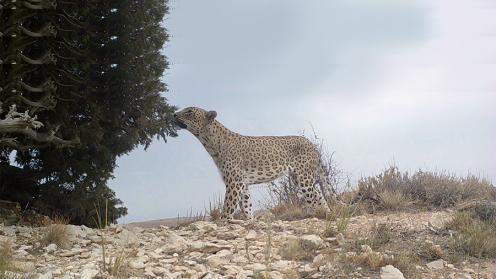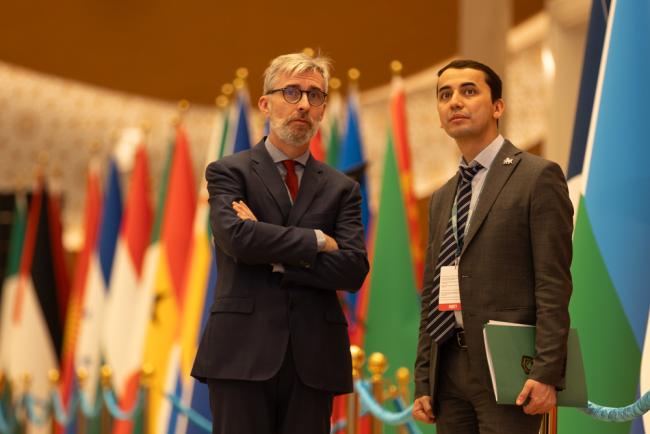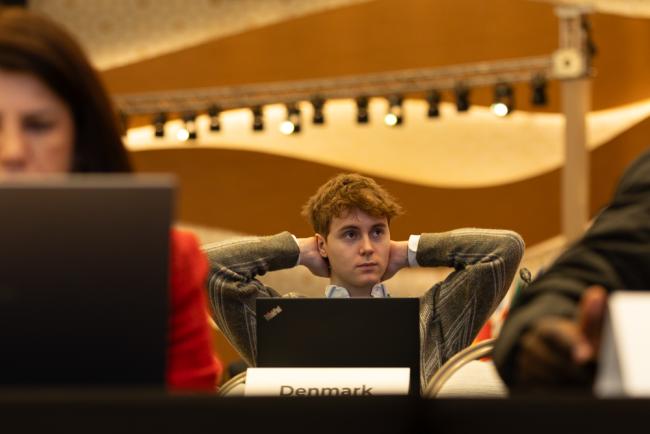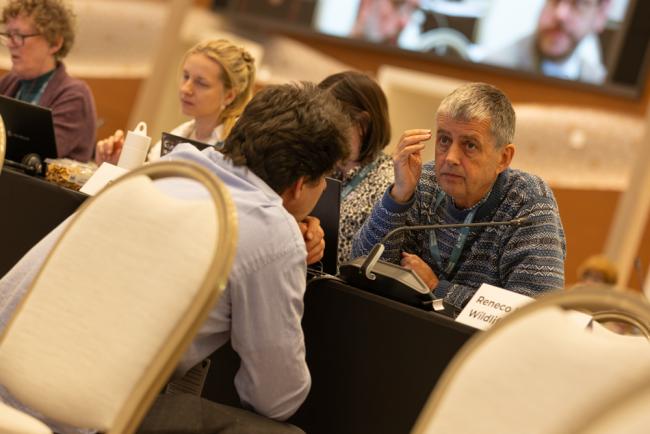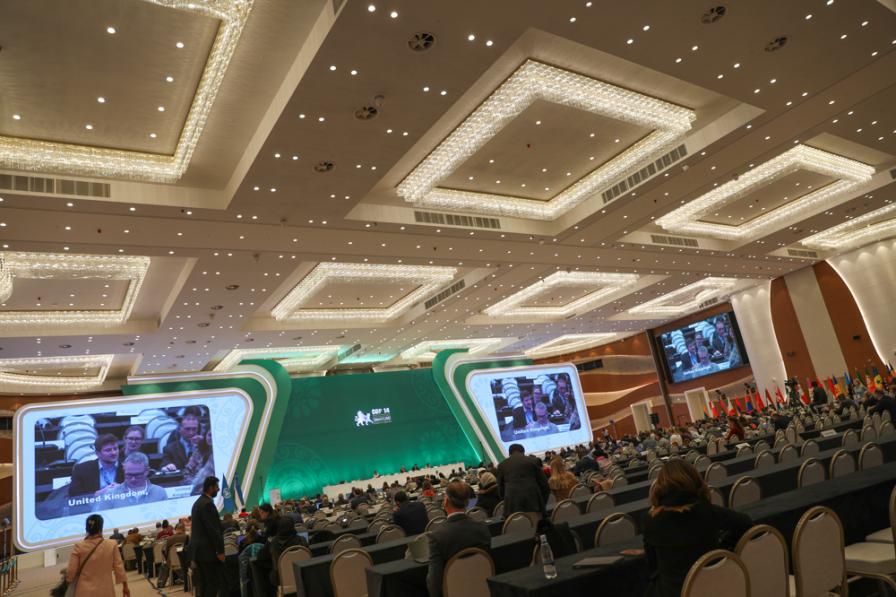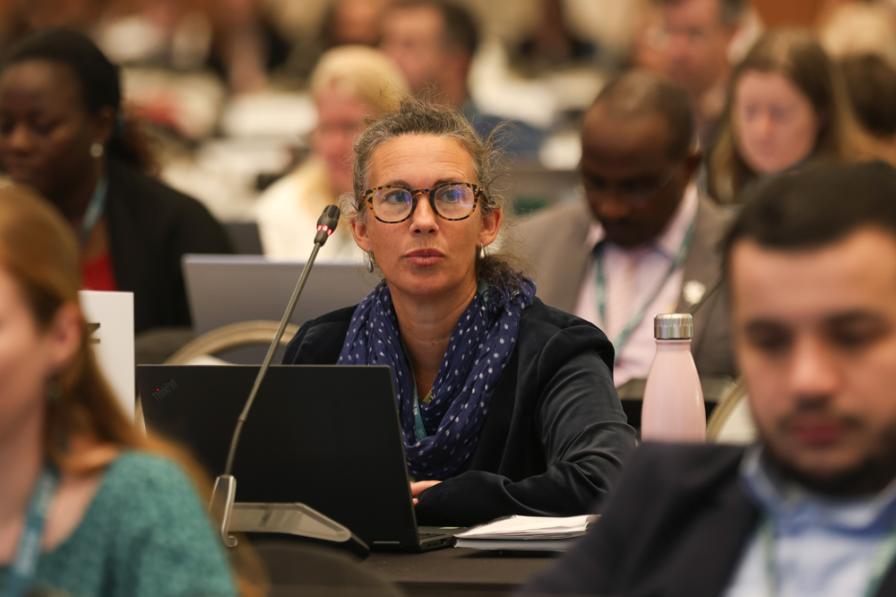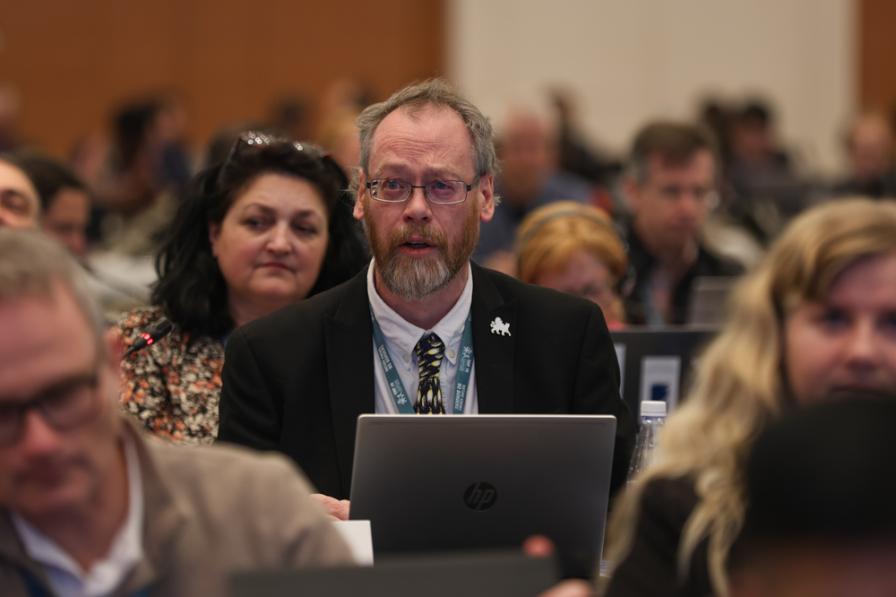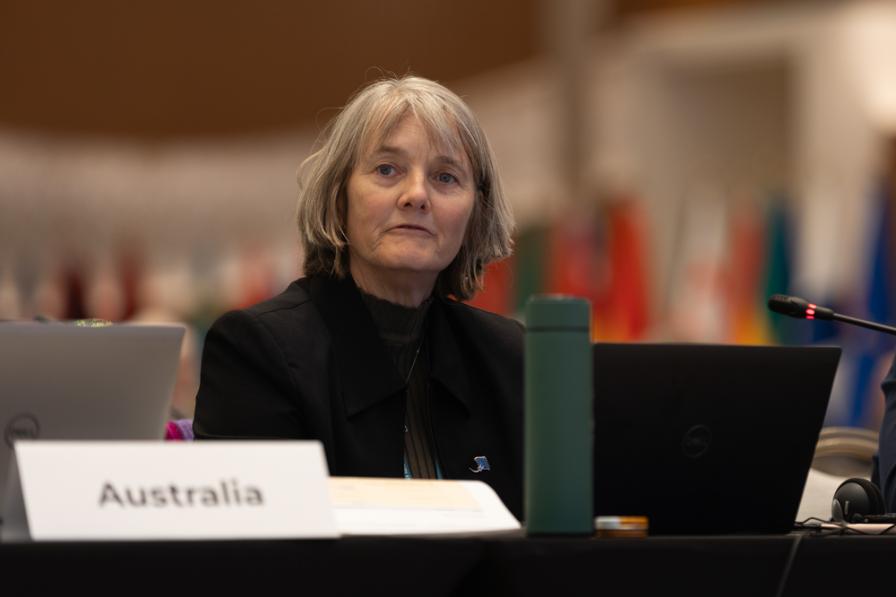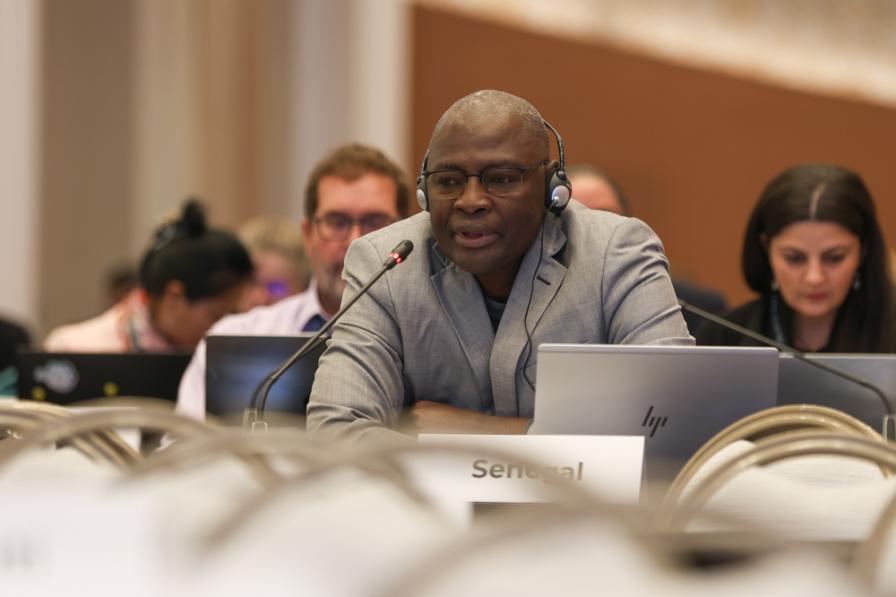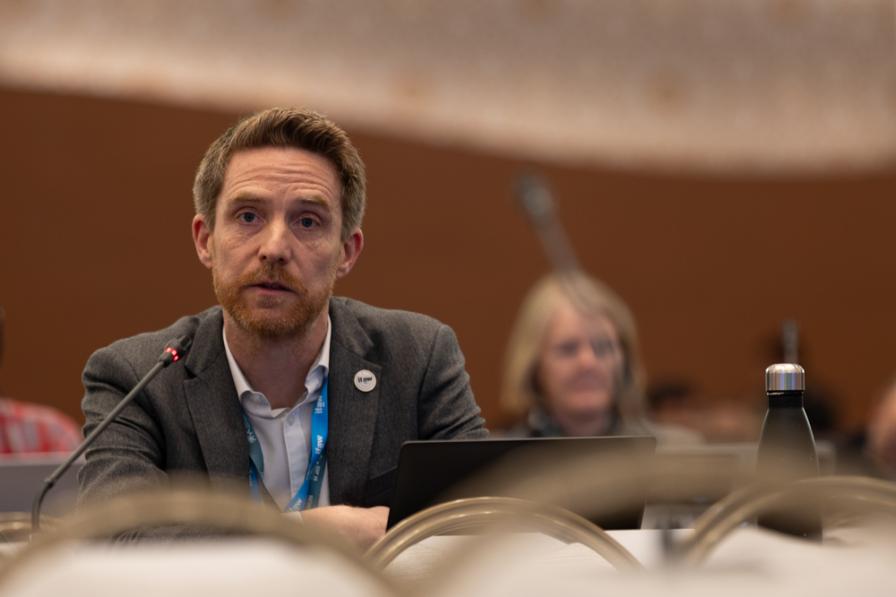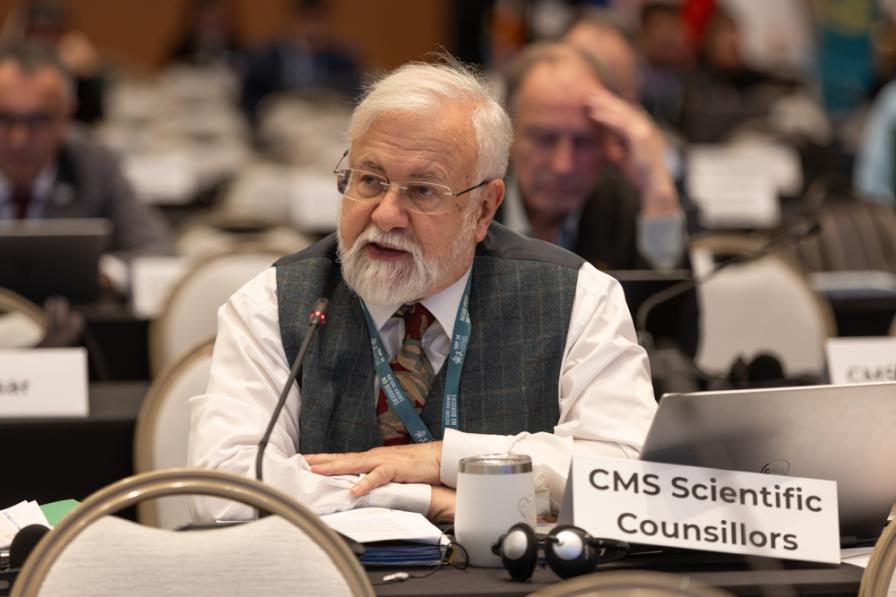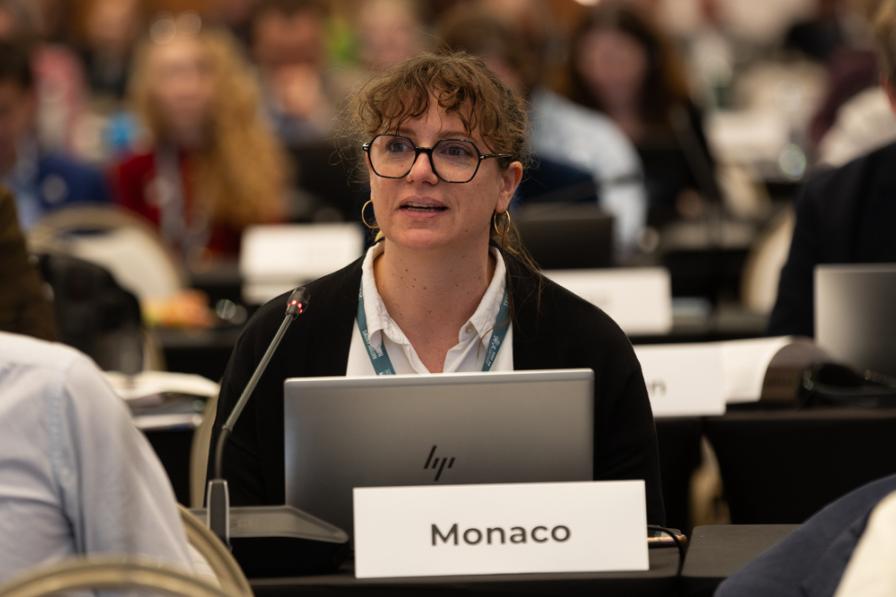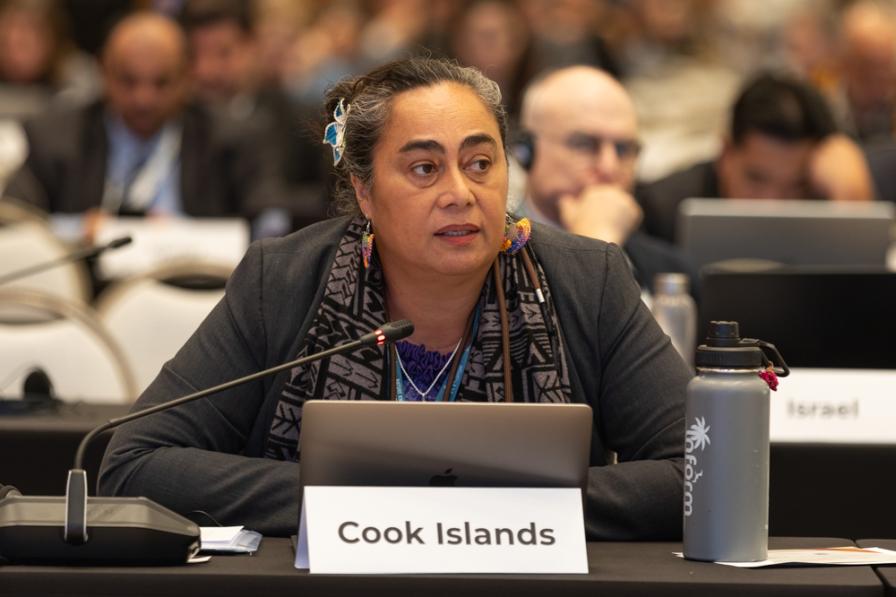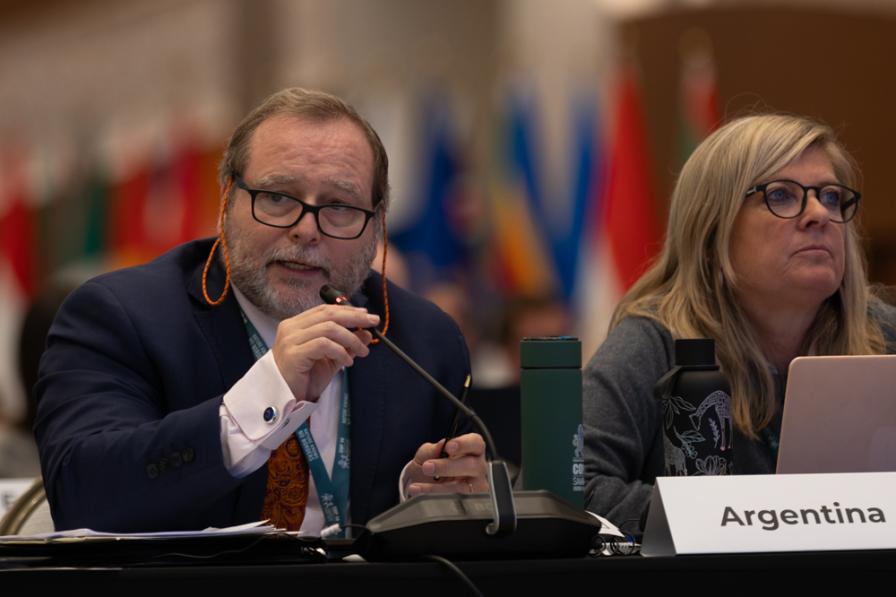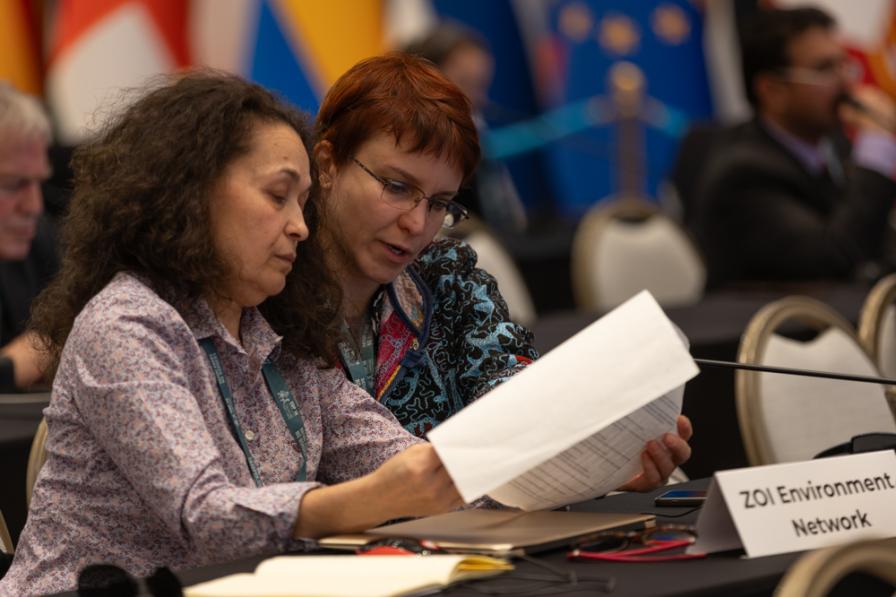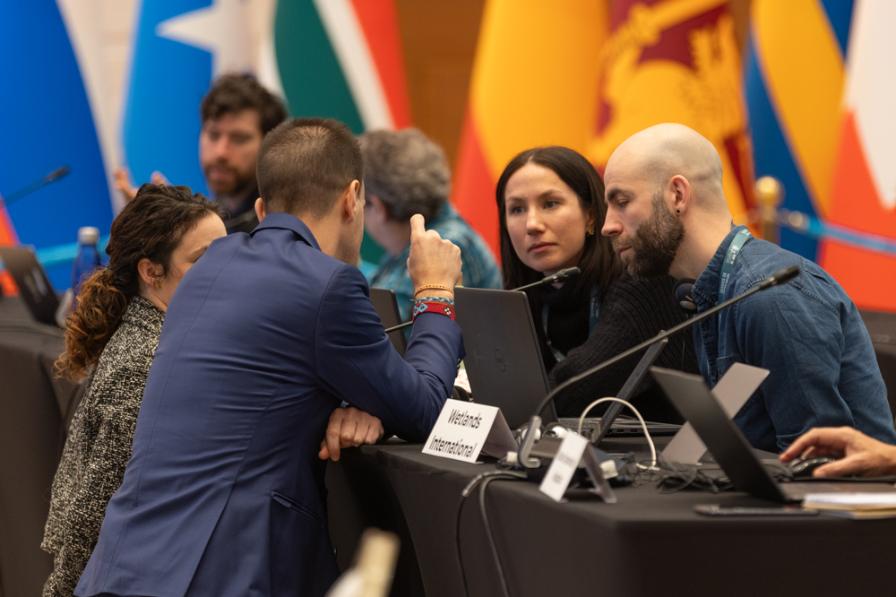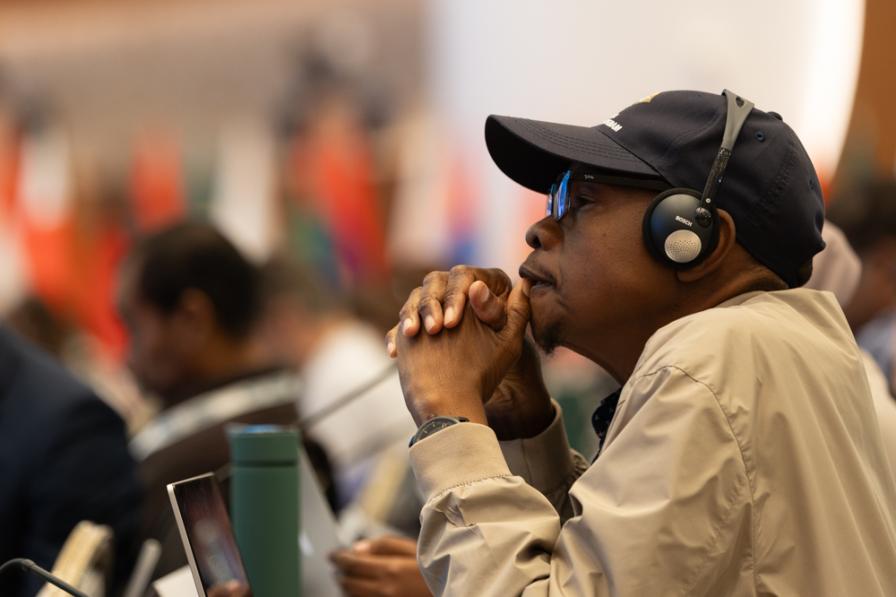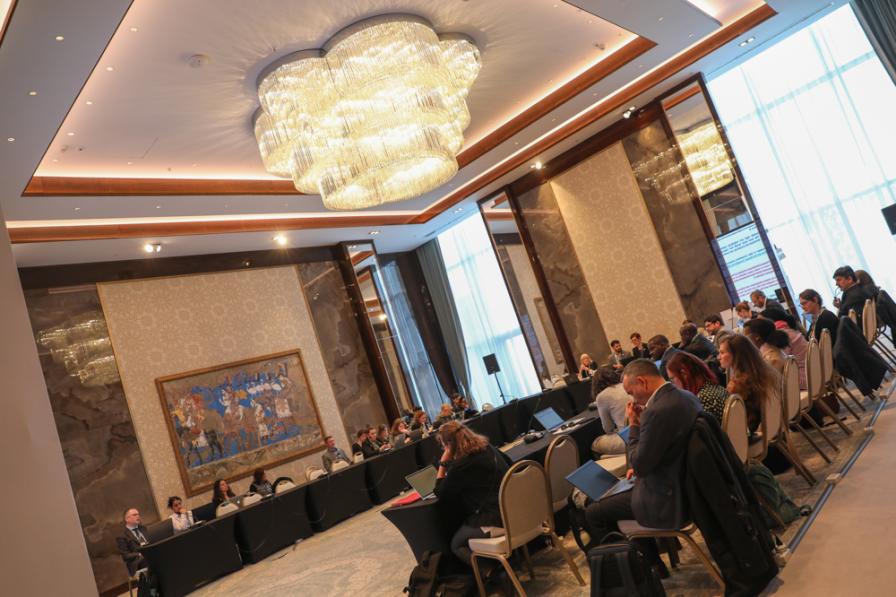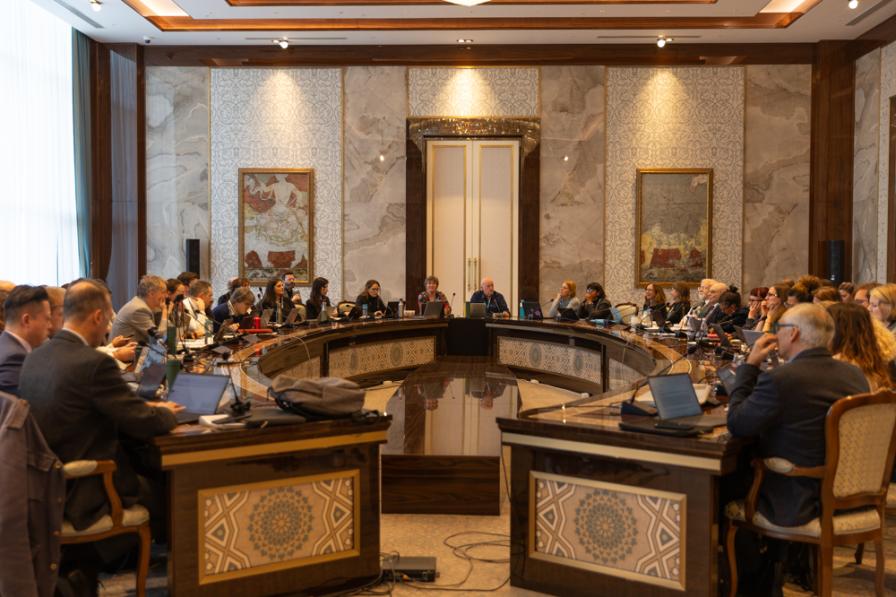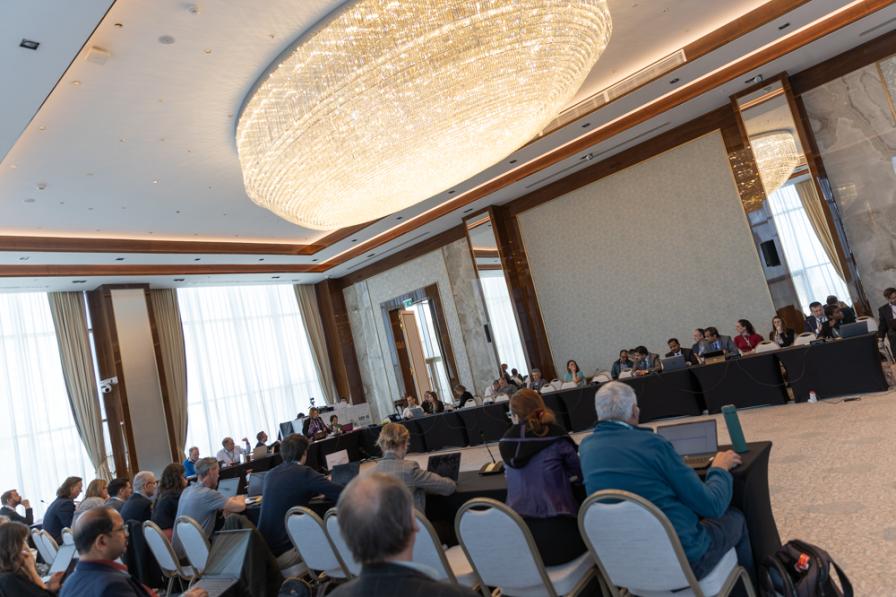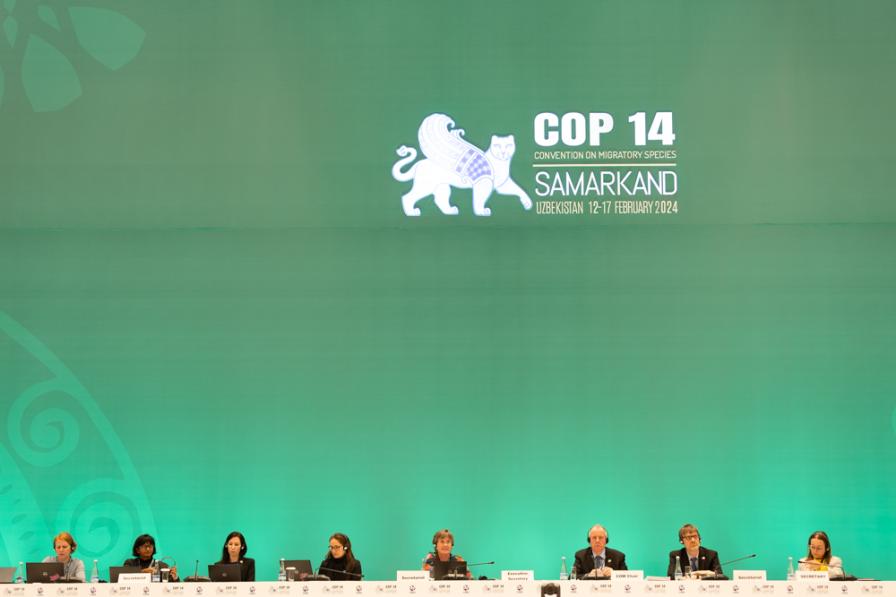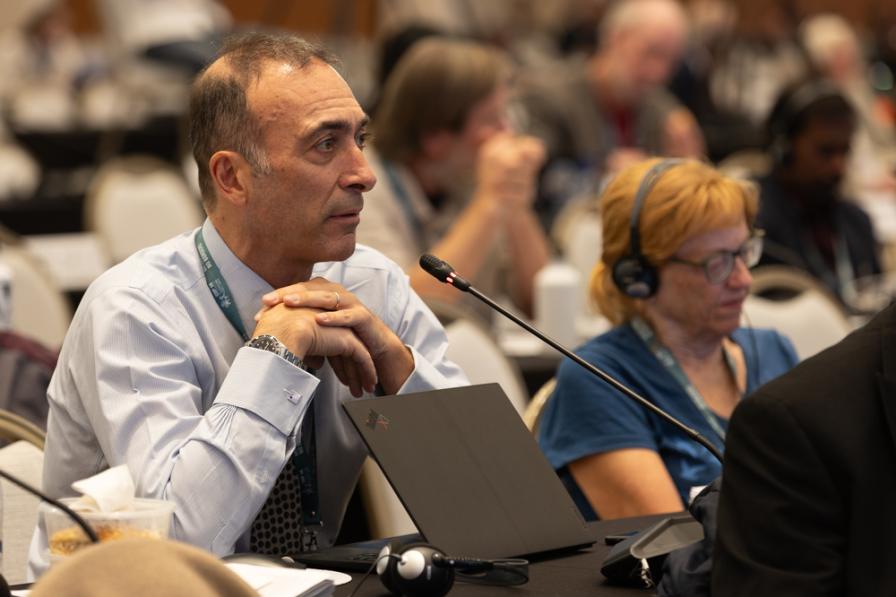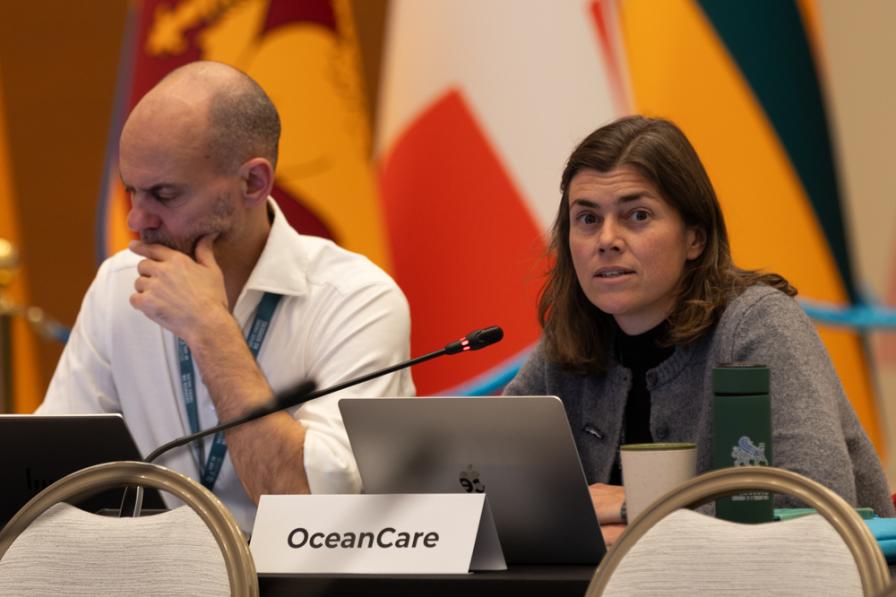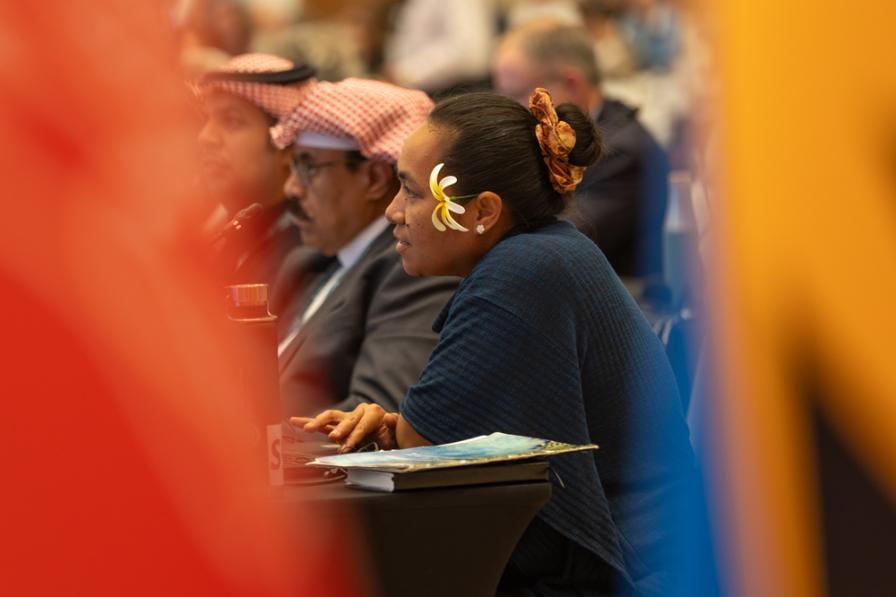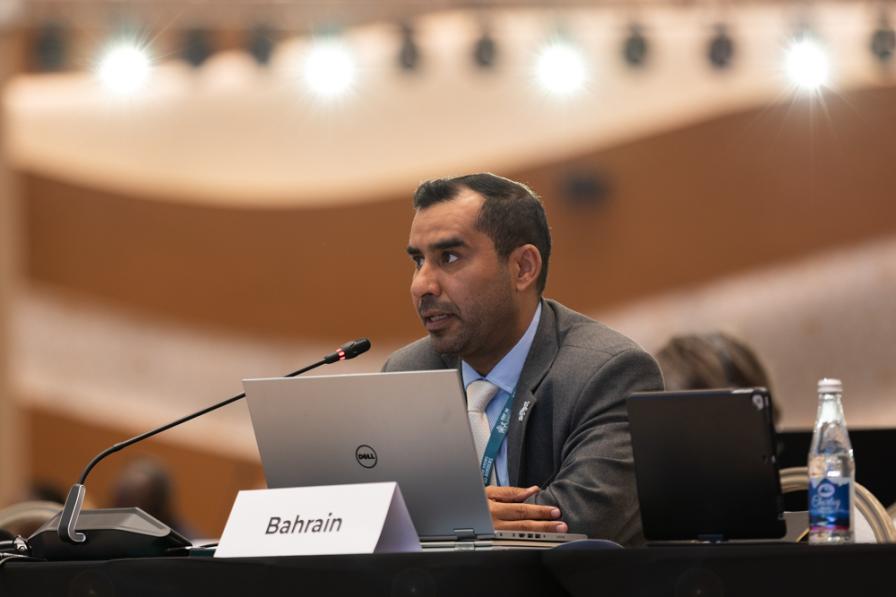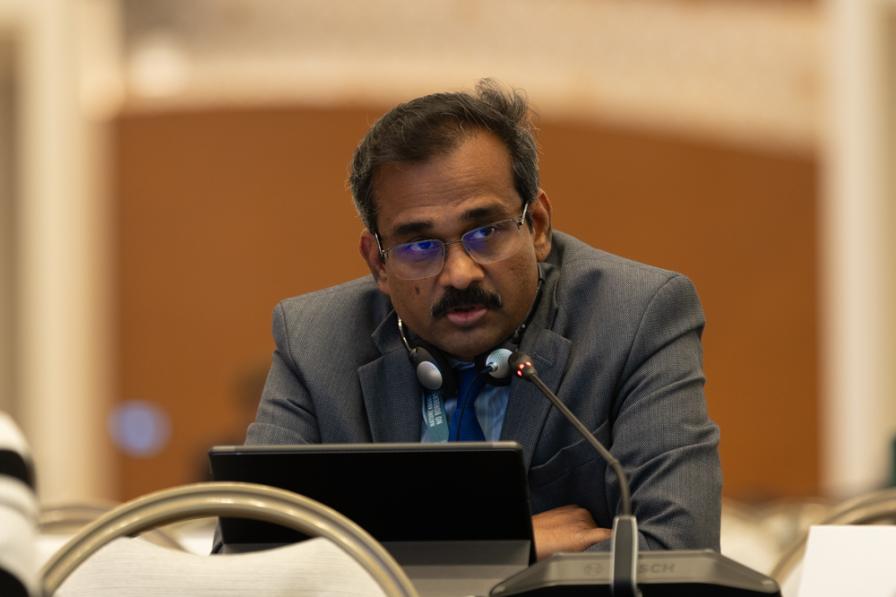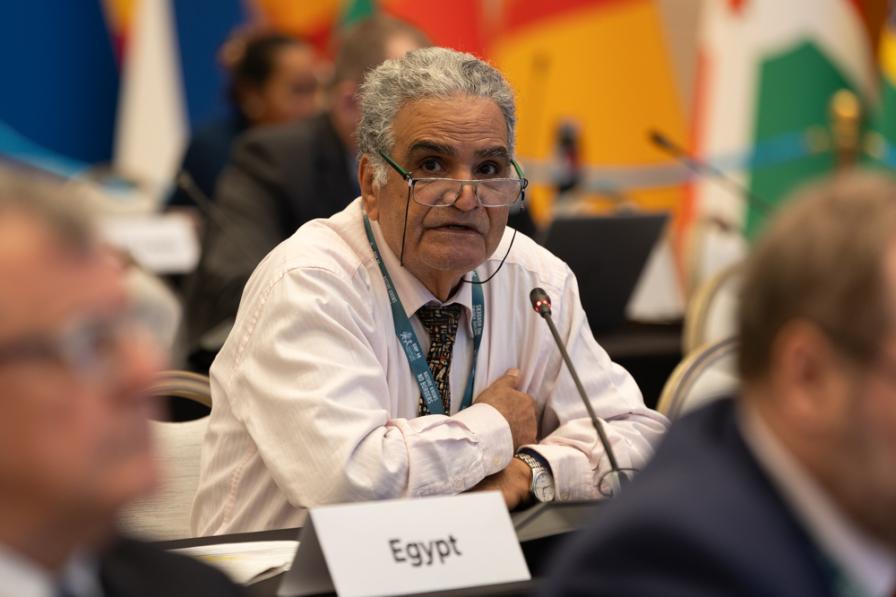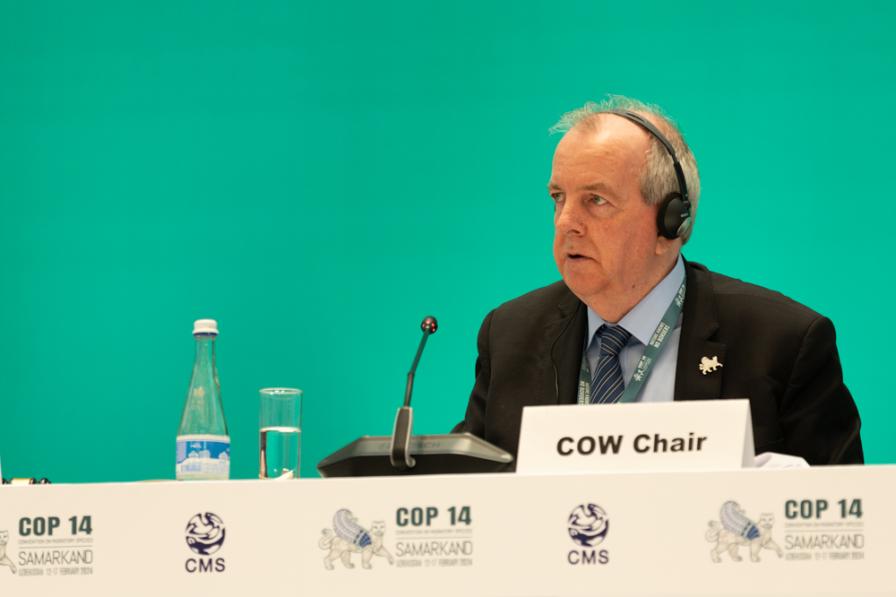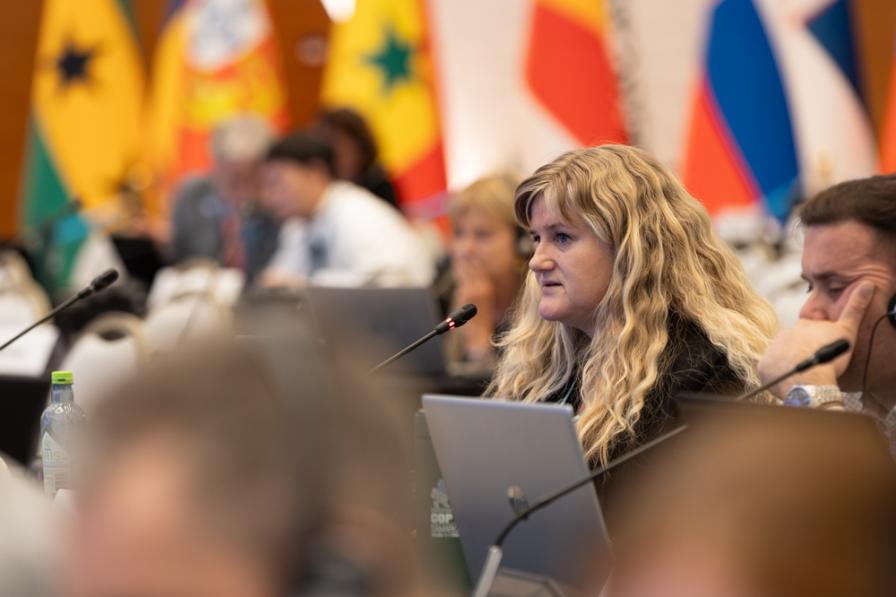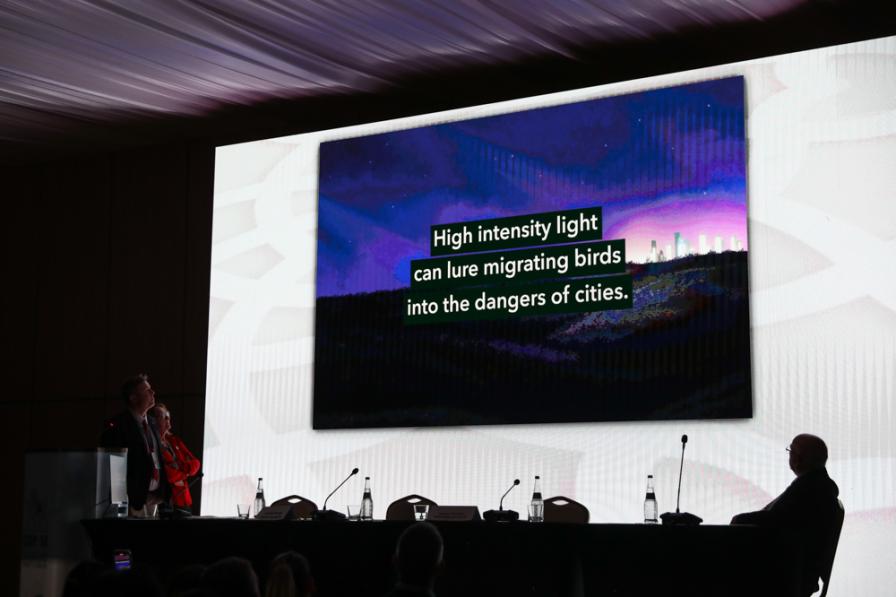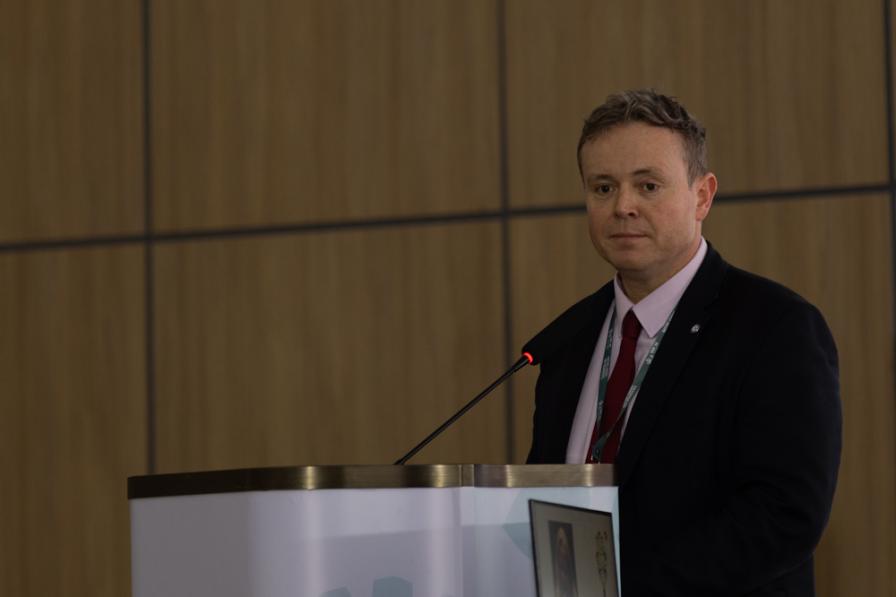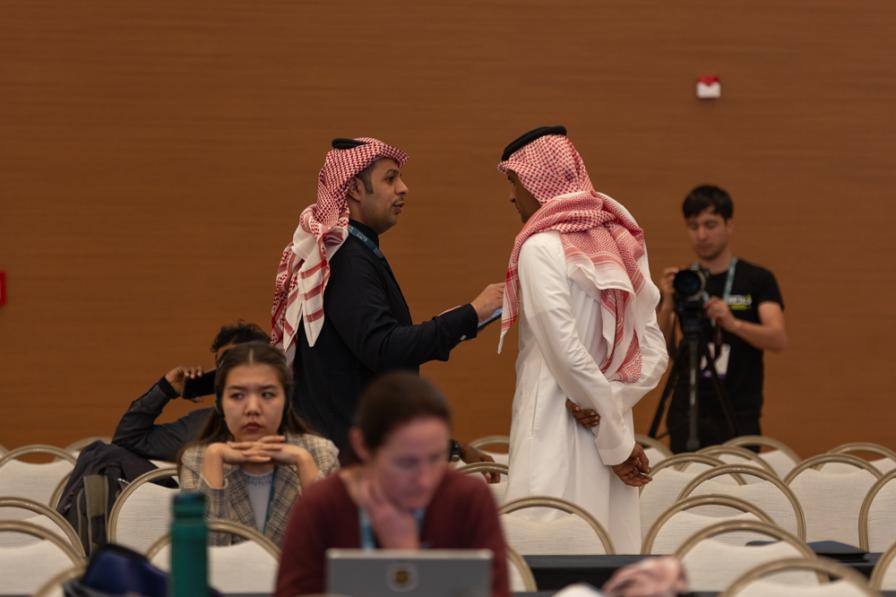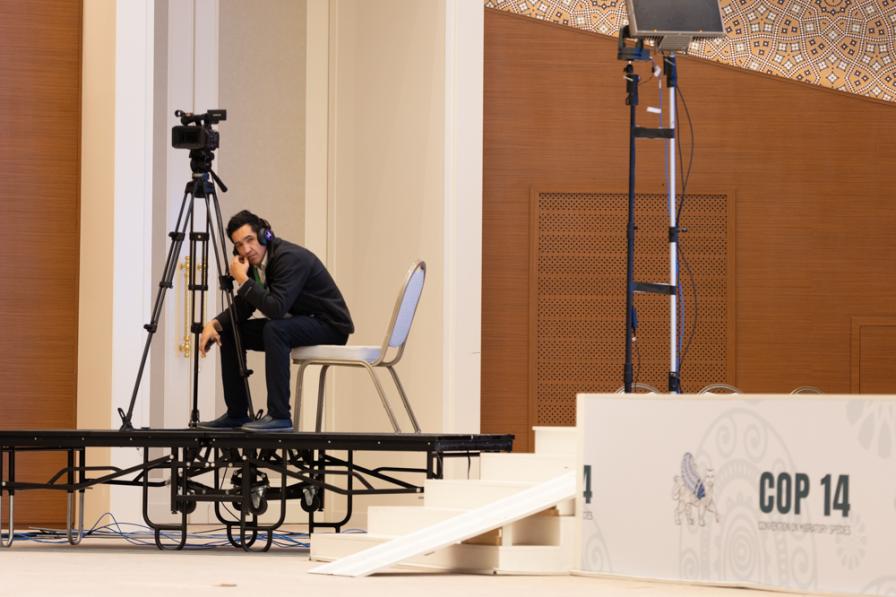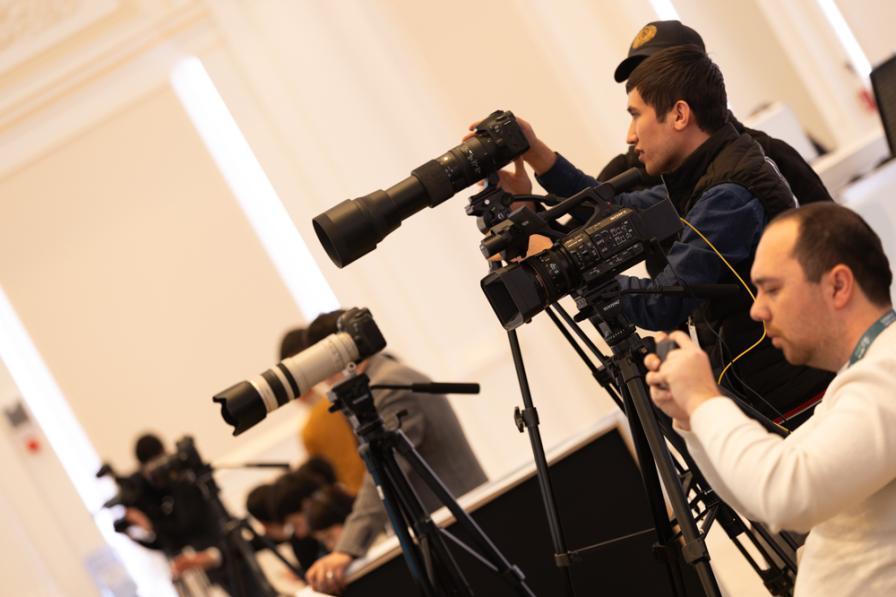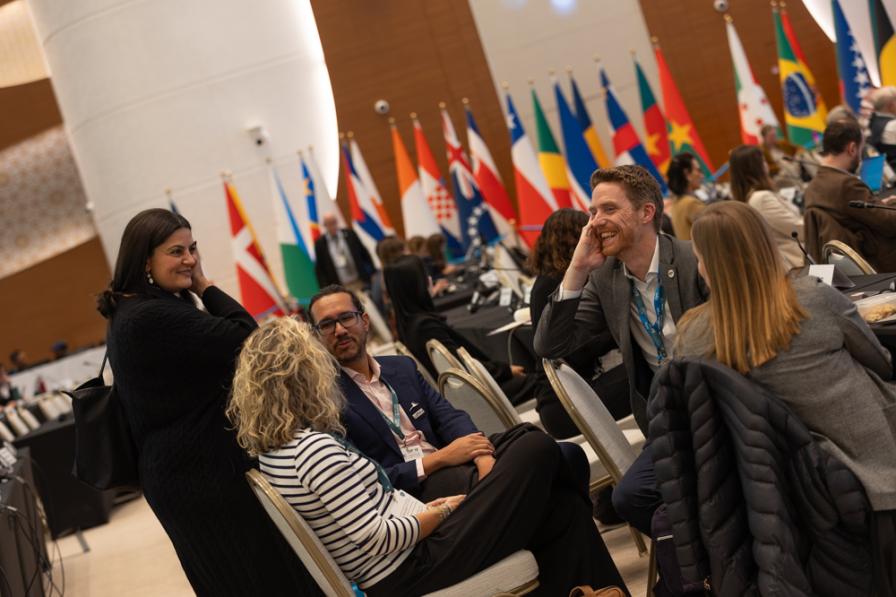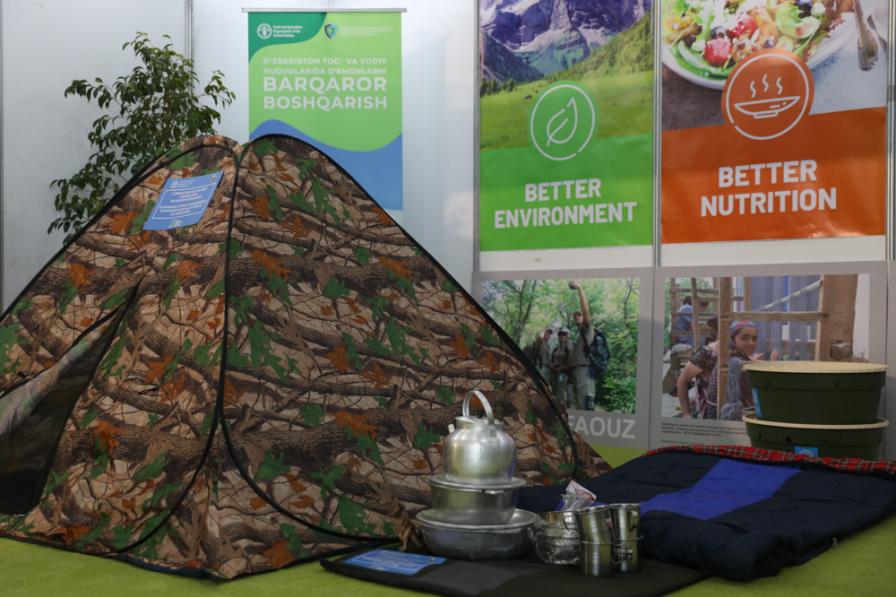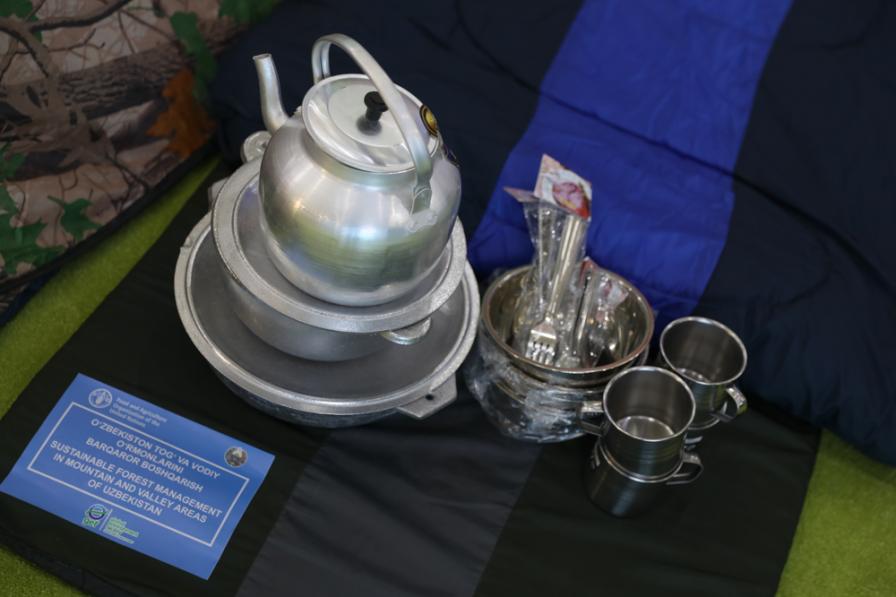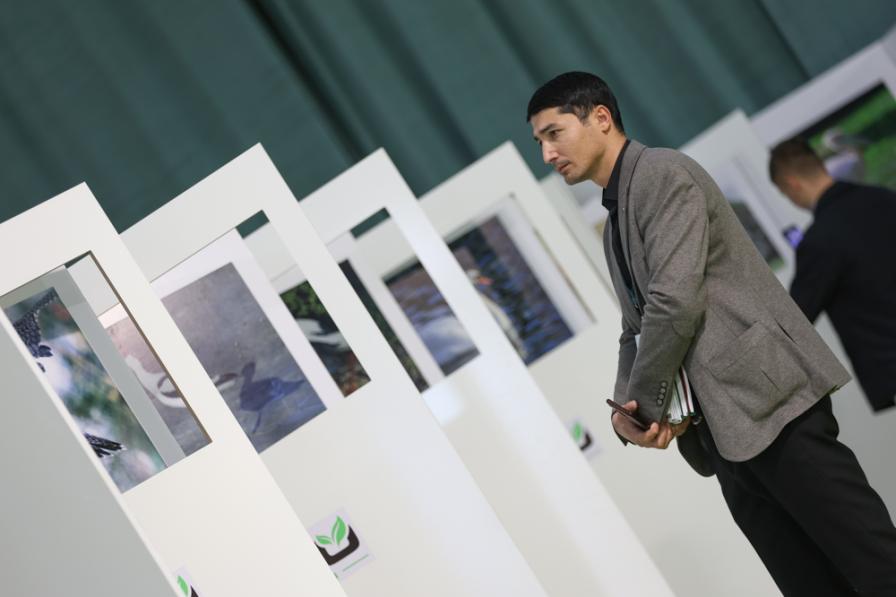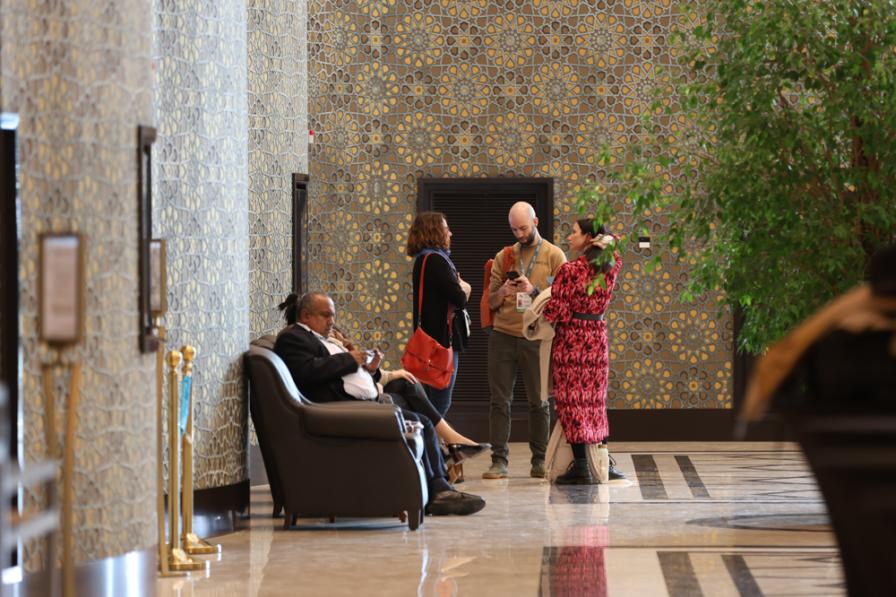Delegates to CMS COP14 spent their Valentine’s Day working through an ambitious agenda of over thirty items focused on the implementation and interpretation of the Convention.
During the morning session, the Committee of the Whole (CoW) continued discussions on threats to migratory species such as: climate change; light and plastic pollution; insect decline; and bycatch. The reports put forward make clear that these threats are complex, interlinked, and even worsening. Over 15 NGOs made a strong call to “change the narrative from wildlife being the victim … to seeing these species as allies,” citing the role of migratory species in mitigating climate change.
Want to plunge deeper into today's talks? Read the Earth Negotiations Bulletin daily report.
Delegates also discussed the conservation implications of animal culture and social complexity, as well as eco-tourism, and considered other technical and procedural matters related to nomenclature, taxonomy, and Concerted Actions.
In the afternoon, the CoW considered conservation issues impacting:
- aquatic species;
- marine mammals;
- marine turtles;
- fish; and
- avian species.
Deliberations focused on implementation progress in the intersessional period, as well as proposals for new initiatives such as the Central Asian Flyway Initiative and species specific action plans (SSAPs) for the Atlantic Humpback Dolphin, Angel Shark, and the Hawksbill Turtle.
On deep-sea mining, there was broad consensus among delegates that evidence of its impacts remains insufficient. Many expressed support for a precautionary pause. It is clear that CMS has a role to play in building the scientific evidence base on deep-sea mining’s impact on marine migratory species, particularly beyond national jurisdiction. However, several delegates (and a strongly-worded letter from the Secretary-General of the International Seabed Authority (ISA)) expressed concern that the proposed resolution oversteps the Convention’s mandate. The issue will return to the CoW for further discussion later in the week.
With only a small number of documents concluded Wednesday, the CoW faces a significant workload to complete before Saturday’s COP Plenary. Working groups met throughout the day to tackle conference documents to be forwarded to the COP.
Wednesday also saw a packed side-event schedule, including a special event marking the launch of a new Global Partnership on Ecological Connectivity, as well as a preparatory event for World Migratory Bird Day, among others.
To receive free coverage of global environmental events delivered to your inbox, subscribe to the ENB Update newsletter.
All ENB photos are free to use with attribution. For CMS COP14 please use: Photo by IISD/ENB - Kiara Worth
